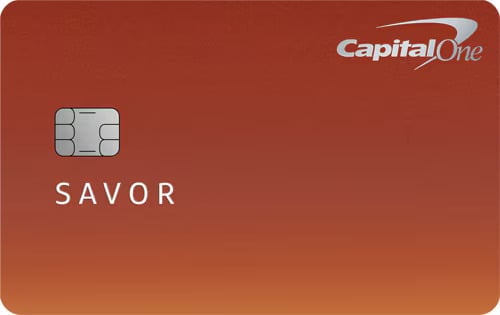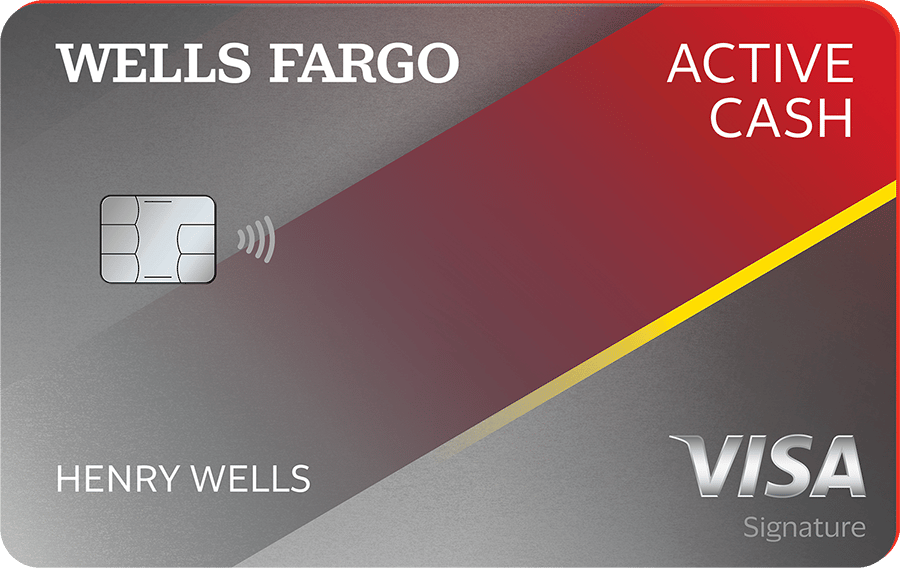5 Things to Know About the Ally Credit Card
Currently available by invitation only, the Ally credit cards suite includes three different offerings, each with its own fees and rewards structure.

Many or all of the products on this page are from partners who compensate us when you click to or take an action on their website, but this does not influence our evaluations or ratings. Our opinions are our own.
» Update
Ally Bank is selling its credit card business to CardWorks. But for now, there are no changes to any of Ally’s credit cards. An Ally Bank spokesperson confirmed that all three cards are still accepting applications and that existing cardholders can continue to use their cards and make payments the same way they do now. The bank says they will communicate any changes that require action, if any, to consumers.
Ally Bank offers a suite of three credit cards, which are currently available by invitation-only regardless of whether you're an Ally banking customer. In some ways, the cards are competitive with similar credit card products from larger institutions. However, the lack of a sign-up bonus on any of the Ally credit card offerings could mean missing out on valuable rewards.
If you’ve considered adding an Ally credit card to your wallet, here’s what you need to know.
» SEE: Best credit cards right now
1. There are multiple Ally cards
Ally Bank currently offers three different credit cards, each with its own rewards structure and fee. When you receive an invitation to apply for an Ally credit card, that invitation will apply to a specific card, so it's important to understand which card you're eligible for.
- The Ally Platinum Mastercard is a $0-annual-fee card marketed toward consumers who are building credit. This straightforward card comes with no rewards, sign-up bonus, or introductory annual percentage rate (APR), but it advertises automatic reviews for opportunities to increase your credit line.
- The Ally Unlimited Cash Back Mastercard is a $0-annual-fee card that offers an unlimited flat rate 2% cash back on all purchases.
- The Ally Everyday Cash Back Mastercard is a tiered-rewards credit card that earns an unlimited 3% cash back at gas stations, grocery stores, and drugstores and 1% back on all other purchases. This card may carry an annual fee between $0-$39, depending on the applicant’s credit profile.
All three cards carry a variable interest rate between 19.99%-29.99%, with no option for an introductory interest rate as of August 2023.
🤓 Nerdy Tip
On its website, Ally advertises an additional Unlimited Cash Back card for nurses and teachers. However, all features, benefits, and rates of this card appear to be identical to the general-purpose Ally Unlimited Cash Back card. 2. Ally credit cards are currently available by invitation only
Currently, Ally credit cards aren’t open to the general public. To apply, you first need to receive an invitation, usually by direct mail. Each invitation applies only to a specific card, so unless you’ve received multiple offers from Ally, you won’t be able to shop among cards.
Invitations are being issued both to current customers of Ally Bank and to nonbank customers. According to a representative, though, the bank plans to open credit card applications to the general public in the future.
3. Annual fees vary depending on the card and applicant
There’s no annual fee for either the Ally Platinum Mastercard or the Ally Unlimited Cash Back Mastercard. However, the annual fee for the Ally Everyday Cash Back Mastercard can range from $0-$39, depending on the applicant’s credit profile. Check the terms of your offer before applying to confirm whether an annual fee will apply to your account.
4. There’s no cap on cash back
Both the Ally Everyday Cash Back Mastercard and the Ally Unlimited Cash Back Mastercard have no limit to the total cash back you can earn. That’s not uncommon among flat rate 2% cash back earning cards like the Ally Unlimited Cash Back Mastercard. Both the Wells Fargo Active Cash® Card and the Citi Double Cash® Card earn an unlimited 2% cash back with no annual fee. (For the Citi Double Cash® Card that's in the form of 1% cash back when you buy, plus an additional 1% as you pay for those purchases.)
But the lack of an earnings cap is a relatively rare perk of the Ally Everyday Cash Back Mastercard, which earns 3% back at gas stations, grocery stores, and drugstores. Most cards that earn 3% back or more in these categories come with either a quarterly or annual spending cap, or a much higher annual fee.
5. Don’t expect a sign-up bonus or introductory APR
A notable downside of the Ally credit cards is they don't come with any sort of sign-up bonus or introductory APR. That means by choosing these cards over a different card, you could be leaving valuable savings on the table.
For example, compare the Ally Everyday Cash Back Mastercard with the Capital One Savor Cash Rewards Credit Card. Both earn 3% back on purchases at grocery stores. But the Savor card also comes with no annual fee, 0% introductory APR offers and an enticing bonus: Earn a one-time $200 cash bonus once you spend $500 on purchases within the first 3 months from account opening.
And the Ally Unlimited Cash Back Mastercard also lags behind competitors like the Wells Fargo Active Cash® Card. Both cards carry no annual fee and earn unlimited 2% cash back, but the Active Cash stands out, both for its long introductory interest rate and this valuable welcome offer: Earn a $200 cash rewards bonus after spending $500 in purchases in the first 3 months.
Article sources
NerdWallet writers are subject matter authorities who use primary,
trustworthy sources to inform their work, including peer-reviewed
studies, government websites, academic research and interviews with
industry experts. All content is fact-checked for accuracy, timeliness
and relevance. You can learn more about NerdWallet's high
standards for journalism by reading our
editorial guidelines.
Find the right credit card for you.
Whether you want to pay less interest or earn more rewards, the right card's out there. Just answer a few questions and we'll narrow the search for you.
Related articles










